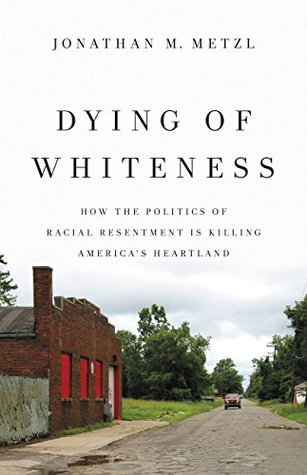Here and elsewhere, cost taps into the larger tensions represented by currency; something that we spend our lives trying to accumulate at personal levels, but that means little if not also invested into communal transactions that raise the value of society as a whole.4 And yet in a room in a housing project in the real world of the American South, cost also functioned as a proxy for the tensions of race, as questions of Who is paying for whom? and Whose labor supports whom? led to deliberations about ways to hoard health for some persons, while denying it to others.
Welcome back. Just a moment while we sign you in to your Goodreads account.


